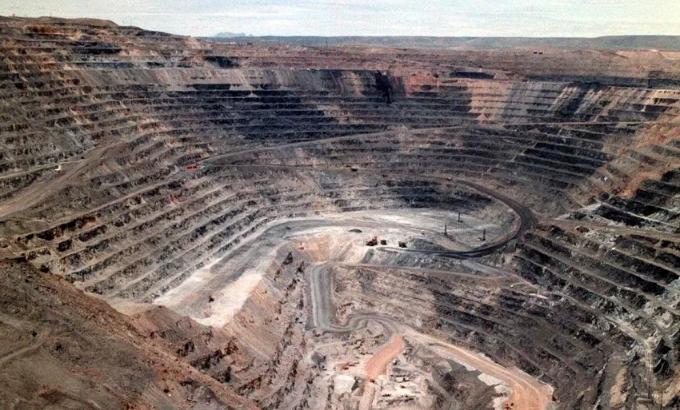The Biden administration is setting its sights on altering a mining law that’s stood for over a century. This legislation has long governed the extraction of hardrock minerals such as copper and gold on U.S. federal lands.
Historically, the U.S. has not charged mining companies royalties for minerals mined from these lands, a scenario that’s been a sore point for many Democratic legislators and environmental bodies. The newly proposed plan seeks to address this by charging a flexible royalty of 4% to 8% on such minerals.
While the White House is pushing this proposal to bolster domestic mining, essential for clean energy tech like solar panels and electric vehicles, its approval depends on Congress. Given that the House is Republican-controlled, there’s significant skepticism about the plan’s prospects.
International Comparison and Internal Feedback
Globally, the U.S. stands apart from nations like Australia, Canada, and Chile, who do charge mining royalties. It’s worth noting that several Western states in the U.S. already follow this practice.
A working group that had a hand in this proposal highlighted the lack of strong arguments against such a leasing system. Their report stated:
“Although thoughtful concerns were raised by the mining industry… the working group did not receive any arguments as to why a properly designed leasing system could not be equally successful in the United States.”
Tommy Beaudreau, Deputy Interior Secretary, described this new approach as modern, focusing on meeting clean energy demands while also valuing tribal rights, taxpayers, and the environment.
Responses and Repercussions: Praise, Critique, and Concerns
While tribal entities and environmental groups have generally lauded the proposed changes, there’s also a call for further action. Allison Henderson, representing the Center for Biological Diversity, expressed that while these reforms are a start, more is required to shield water resources and local communities.
The National Mining Association’s head, Rich Nolan, voiced concerns that the changes could inhibit domestic projects. Nolan specifically criticized the proposal, stating it could potentially increase the U.S.’s dependency on mineral imports from countries with questionable ethical practices.
From the political sphere, Senator John Barrasso labeled the proposed reforms as a potential threat to energy affordability. He warned that these changes might result in the U.S. importing more minerals from nations with problematic labor practices, rather than capitalizing on domestic resources.



